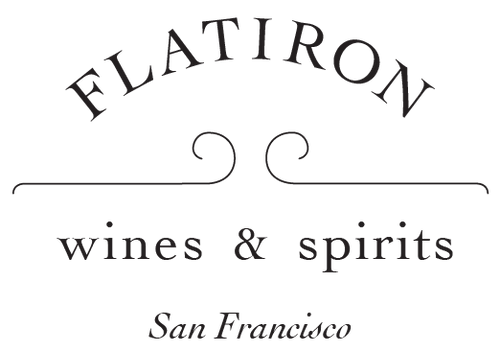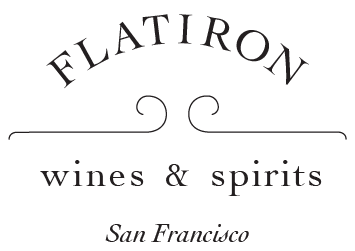Clos Cibonne
For a long time Clos Cibonne was an insider's wine. Known almost exclusively for their late-release, flor-fermented rosés, their pink gems were gobbled up by wine geeks and ignored by everyone else, similar to the... Read More
For a long time Clos Cibonne was an insider's wine. Known almost exclusively for their late-release, flor-fermented rosés, their pink gems were gobbled up by wine geeks and ignored by everyone else, similar to the equally challenging Rosado from López de Heredia. Even their red, which doesn't see flor, but has a similar floral/savory quality, rarely found its way onto wine lists or store shelves. Their wines are a study in duality: pure-fruited, but also intensely mineral, salty and savory.
People are catching on.
Their wines are made from the nearly extinct varietal Tibouren. It used to be much more common, but after it was wiped out by phylloxera the authorities commanded everyone to replant Mourvèdre. The Roux family followed suit, but then promptly cut the heads off the Mourvèdre vines to graft on their beloved Tibouren.
Tibouren is finicky, which is probably the reason the authorities banned it. But Clos Cibonne is on a peninsula just 800m from the Mediterranean and its salty sea breezes protect the fragile grapes. Tibouren also has to be picked early to preserve its freshness. Clos Cibonne starts harvesting super early, when it's still cool, and stops picking by 11am. It's hard work, but the Roux family takes care of their pickers, bringing in a Bouillabaisse truck for lunch.
The winemaking techniques are also hundreds of years old and just about extinct. For the rose, wine starts fermenting spontaneously and then goes into giant, ancient wooden foudres for a year. That’s where flor (a veil of yeast just like you get in Sherry or the Jura) grows on top of the wine, protecting it from oxidation and imparting a unique, savory character. Their red Tibouren also spontaneously ferments and then is transferred into the same wooden foudres. However it stays in foudre for only for about 4 months and never grows a veil of flor.
When it's finally ready to bottled the family still isn't done: they hold all their estate wines back for bottle aging, not rushing out the latest vintage to maximize cash flow. The wine gets the time to come together and start to develop the complexity that will grow more pronounced if you take the time to age it further yourself.
So, odd as the wine may be, it's easy to see why the wine is catching on. Pure fruit flavors combined with sea breeze and touches of savory herbs with an underpinning of minerality make for make for some of the most remarkable Provençal wines around.





